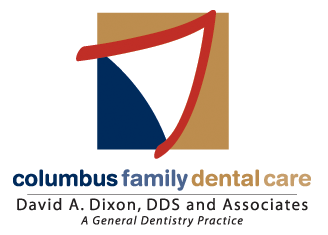Periodontics
There are two types of periodontal diseases-gingivitis and periodontitis. Gingivitis is perhaps the mildest form of gum disease. While the gums become red, swollen and bleed easily, there is very little to no discomfort associated at this stage of the disease. Through a good oral hygiene regimen and treatment, the results of gingivitis can be reversed.
Periodontitis, a much more serious and destructive form of periodontal disease, is the main cause of tooth loss in adults. It causes receding gums, bone-loss, infection and loose teeth. Periodontitis is known as the silent killer because most patients do not feel any symptoms until it's too late. Research indicates that people with periodontal disease are more likely to develop heart and respiratory disease and have low birth-weight newborns.
Maintaining regular dental visits are important. During these visits, we can detect and treat gum diseases at an early stage. Treatment methods vary, depending on how far the disease has advanced.
The first step to treatment is typically a thorough cleaning that includes scaling to remove plaque and tartar. In addition, the tooth roots may be "planed" to smooth the root surface, which will allow the gums to heal by reattaching to the tooth. This treatment is known as "periodontal scaling and root planning," and is a common non-surgical treatment for periodontitis. Dr. Dixon may also recommend or prescribe special mouth rinses and antibiotics to help maintain good periodontal health.
You don't have to lose your teeth to gum diseases. You can preserve your smile by brushing and flossing daily, maintaining a balanced diet, and regularly attending preventive care visits. Our team is dedicated to making each preventive care visit as pleasant and comfortable as possible.
 These forms require Adobe Acrobat Reader to view. If you do not have Adobe Reader already installed on your computer, click the Adobe logo to download.
These forms require Adobe Acrobat Reader to view. If you do not have Adobe Reader already installed on your computer, click the Adobe logo to download.
